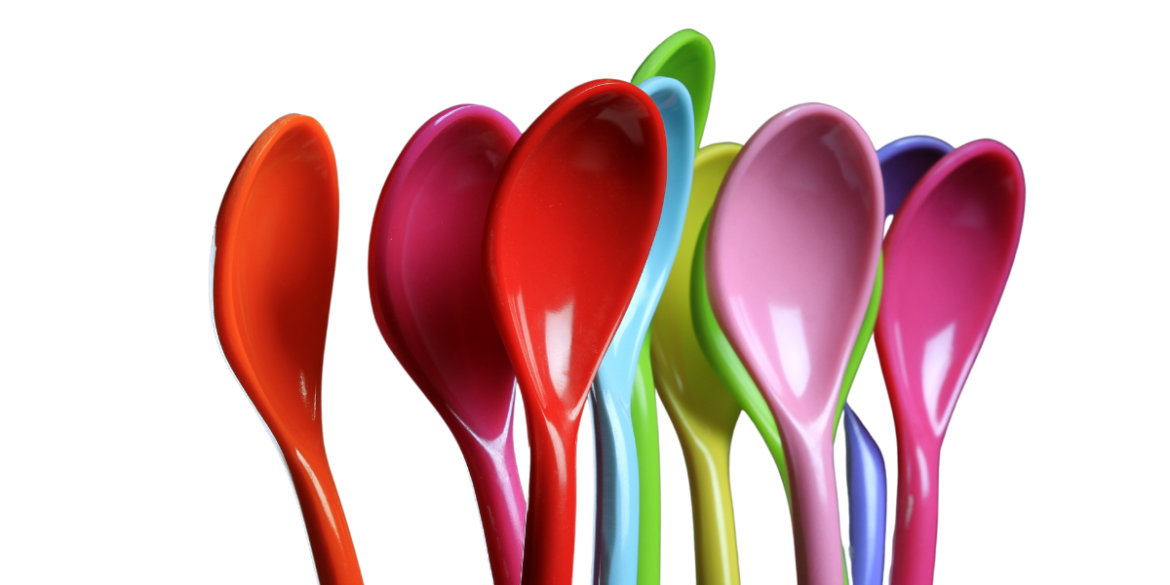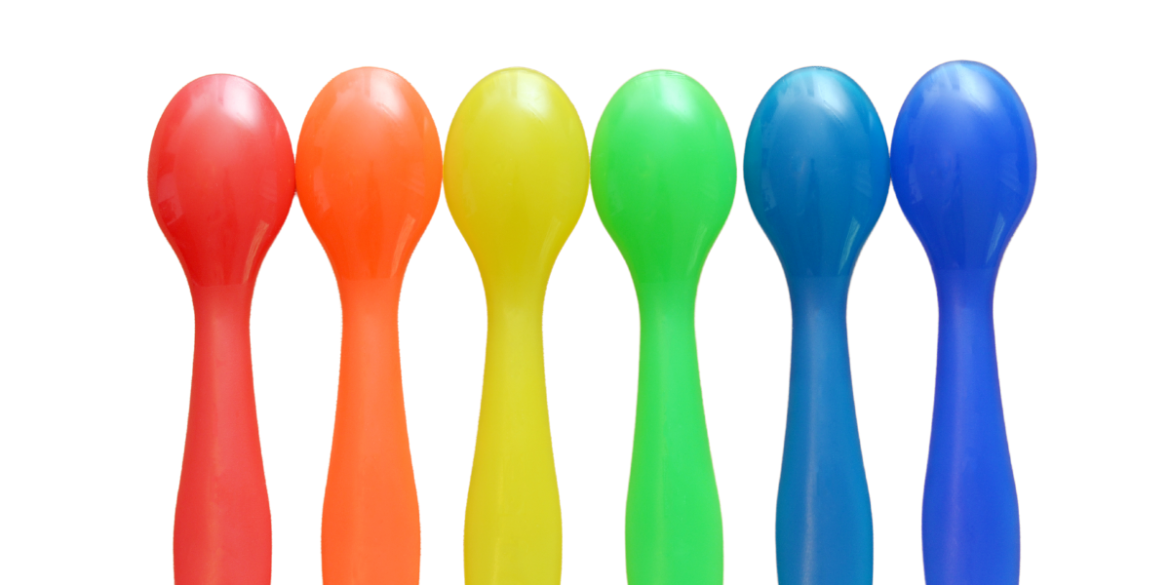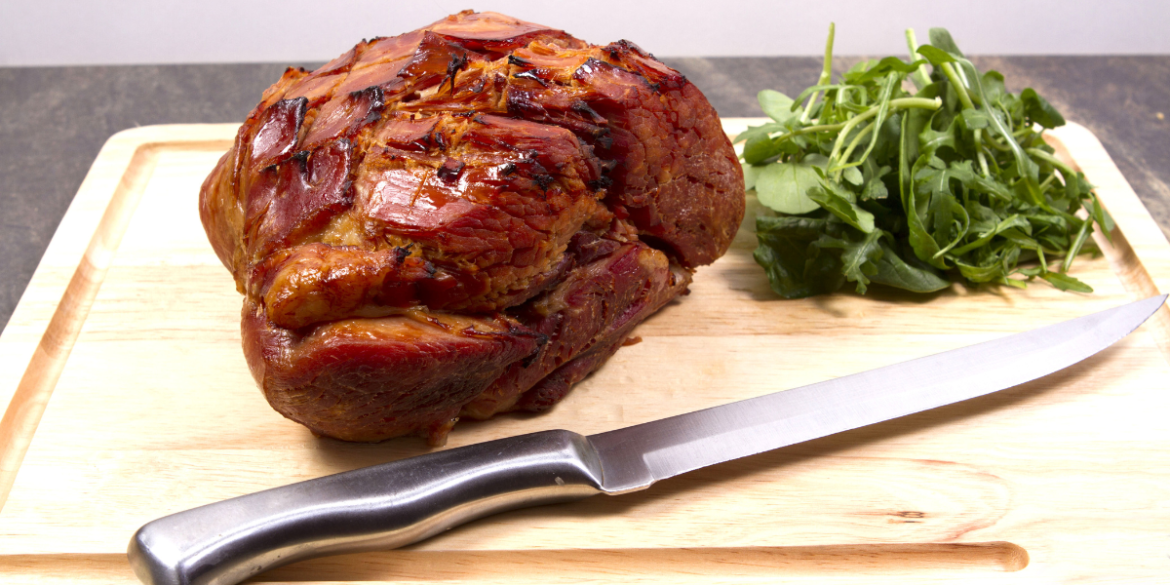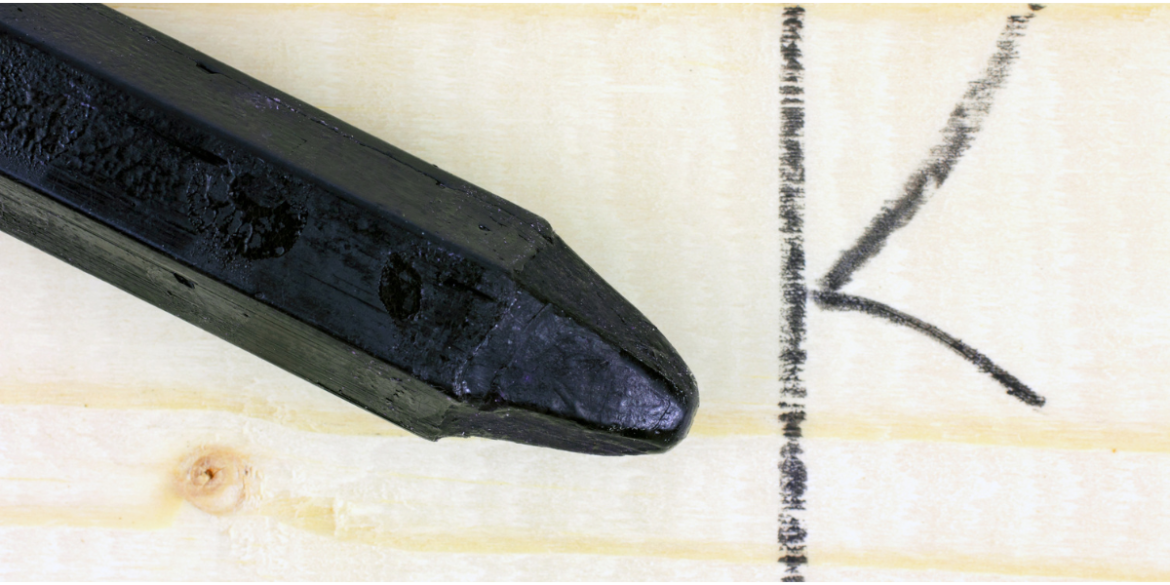Lifestyle
How To Clean With Chronic Pain: The Spoon Theory explained.
What Is the Spoon Theory Metaphor for Chronic Illness
The spoon theory is a metaphor for living with chronic illness, where spoons equal the energy and effort required for every task, and every decision is based on the number of spoons or the amount of energy required to complete it. On the website called butyoudontlooksick.com, a lady called Christine Miserandino developed the spoon theory measuring activity levels in the sense of spoons. Christine started with 12 spoons, but because everyone’s chronic pain journey is different, you may want to start with more or fewer spoons if you have limited energy. In this post, we discuss how to clean with chronic pain, and we give you the spoon theory explained in simple terms.

What is chronic illness, and how does it affect our daily life?
Chronic pain comes in many guises, and not all patients suffer the same pain. Some chronic illnesses associated with chronic pain include:
These illnesses can cause other issues associated with chronic pain, including:
- Limited energy levels prevent you from doing everyday tasks.
- Difficulty with focus and concentration.
- Sleep disruption has a knock-on effect on the next day’s energy levels.
- Interference with sexual activity.
- Emotional distress.
- Social deprivation.
Some people assume that someone with chronic illness needs around-the-clock care and that they can’t do anything for themselves. In reality, people who suffer from chronic illnesses are all around us, just trying to get on with their lives, dealing with their pain in the best way possible.
According to the British pain society, 43% of the population experience chronic pain, with up to 14.3% living with chronic pain that is either moderately or severely disabling, and four in 10 adults suffer from at least two forms of chronic pain.
Living With Chronic Illness Spoon by Spoon
Spoons = Effort + Energy
When you live with chronic pain, you wake up with a set number of daily spoons. some days you may have more spoons than the day before depending on various factors such as:
- Sleep
- The weather
- Stress
- Physical activity
- Social activity
- Work
- Family life
Any activity you do means you use up a spoon, each activity needs planning so you can manage your spoons and you don’t run out. It would be best if you thought about what activities use what number of spoons, for example:
- Having a shower might use up one spoon.
- Walking the dog might use up three spoons
- Climbing the stairs may take up one spoon
- Vacuuming the lounge may take up two spoons

So, just having a shower and walking the dog has already taken up four of your daily spoons. If you only started your day on eight spoons, you’ve nearly used up all your daily spoons. So care must be taken when planning to do anything else that may use up your spoons.
Not everyone is equal. For many people, getting dressed, doing their hair, and putting on their shoes may cost so many spoons that by the time they’re ready for the day, they’ve already spent almost half of their daily spoons.
You might find that you get to the end of the day, you’ve only got one spoon left, you’ve got a big pile of laundry that needs doing, and that takes a spoon, or you want to spend some time on social media, and you must choose how to spend that last spoon. You can’t do both; otherwise, you’ll be in a spoon deficit the next day.

The worst and most common result of running out of spoons is complete and utter physical fatigue.
It is often impossible to do everything you want to do when you want to because running out of spoons is costly. It results in mental fatigue where it feels like you’re in a fog, can’t think, make decisions, and find it hard to remember the most basic information. It’s not simply being tired. It’s being completely debilitated. All the willpower and motivation in the world can’t get someone up those stairs even if it’s time to go to bed.
This type of fatigue isn’t something that someone can get over quickly. You don’t just take a nap or go to bed one night and wake up better. This exhaustion can last for days, weeks, or even worse, longer. This type of exhaustion can cause a flare-up in the chronic illness, which means each day the person wakes up with fewer spoons, and it costs double the spoons to do the same activities they usually would, such as climbing the stairs. As you can imagine, completing regular activities without running out of spoons makes it twice as difficult.
Being this exhausted daily and feeling helpless takes a mental health toll on a person. Mental fatigue means that you find it impossible to do work from your bed because you can’t focus, you can’t pay attention, and it’s hard to process new information. You constantly have to rely on other people for basic things. You have to turn down or cancel social plans. Even reading a book is impossible because you can’t do anything. Imagine how frustrating it is to sit there wanting to do something but knowing that you can’t. Simple tasks like putting the dishes away or picking something off the floor become insurmountable. Your house becomes untidy and unclean, which makes you feel anxious and depressed. Unfortunately, being anxious or depressed costs more spoons, which can further set someone back.
So, it’s about utilizing your spoons and getting the most out of your life.
Using the spoon method stops that boom-bust people get when they do too much one day because they feel great, then the next day they can’t move as they’ve done too much, which is a typical pattern in people with chronic fatigue.

How to manage your daily spoons
Each illness and person is different, and there is no one-size-fits-all spoon equation.
A significant challenge for spoonies is that they never really know how many spoons they will get each day.
External factors can tear away your spoons.
- You didn’t sleep well: you wake up with fewer spoons
- You’ve been busy with the kids: take away two spoons
- The weather is terrible: take away a few more.
- Work was stressful: take away three spoons.
And so it goes on. The luck of the draw is how many spoons you start with daily.
Living with chronic pain means constantly calculating options v’s costs. Choosing some activities may mean excluding others.
Here are some examples:
- Emptying the dishwasher V washing your hair
- Going out with friends V going to the school sports day
- Cooking a family dinner V vacuuming the floors
- Stripping the beds V washing the windows
Choose how you use your spoons wisely and don’t try to do everything. Ask for help from friends and family. Rope the kids in to help. Read this post for age-appropriate chores that you can give to the kids.

How can I help someone with chronic pain?
By now, you may be wondering how, as a friend, you can help the spoonie in your life.
- Start by acknowledging that it’s not easy to ask for help. Spoonies may feel like they’re a hindrance or that asking for help means quitting or being weak.
- General statements like “call me if you need anything” only go so far, be specific when offering help. If you’re happy to pick up someone’s kids, walk their dog, help with groceries or cook a meal, let them know. It’s much less painful to ask someone for something they have already offered.
- Remind them that asking for help is a sign of strength, not weakness.
- Understand that just because someone seems fine doesn’t mean they are, trust someone when they say that an activity is too much. Don’t pressure a spoony into spending more spoons than they have. They are the ones that are going to have to pay for it later, not you!
- Familiarize yourself with their condition so that you can comprehend how they feel and what they’re going through. You can get a better understanding by asking the person.
- Learning about the spoon theory is a great start. Love your spoonie for who they are, spoons and all.
Faq about the spoon theory
A spoonie is a word used by people who suffer from chronic illnesses. It derives from Christine Miserandino, who depicted her lack of energy using spoons.
Yes, there is no reason why you can’t use the spoon theory if you are struggling with your mental health. Panic disorder, depression, anxiety, OCD, and PTSD can affect your self-esteem, motivation, and energy levels. The spoon theory would be an excellent way to distribute your energy and motivation throughout the day.
If you suffer from ADHD overwhelm and burnout, the spoon theory may help you to cope.
Do you think the spoon theory would help you keep up with your housework? let us know in the comments below!
-
Calling all dog owners: How to clean fake grass

If you own a beautiful artificial grass lawn, then cleaning it is as essential as keeping real grass well-maintained. Controlling pets is part of this process and can be one of the most challenging tasks, given that dog pee or poop on fake turf causes unpleasant odors and messes. We’re here to help with our…
-
How to clean artificial flowers the easy way

Do you love adding flowers to your household decorations but want a way to save time and money? Artificial flowers are an excellent alternative, as they offer the chance to spruce up any room without needing daily care. But it’s important that if you use faux blooms, then you keep them in good condition. To…
-
How to cook a gammon joint in a slow cooker

Are you a novice cook and want to learn how to make delicious gammon joint in a slow cooker? If so, then you are in the right place! Cooking gammon joint in a slow cooker is an easy way for anyone to prepare tasty dishes on busy weeknights or lazy weekends. In this blog post,…
-
How to clean mold out of a fridge

Mold is a common problem in refrigerators and can be a major headache if not dealt with properly. Mold must be dealt with promptly and efficiently to avoid health problems. If you notice a musty smell, visible growth, or fungus spots in your refrigerator, it may indicate the presence of mold. So what do you…
-
How to get crayon off wood: Easy ways!

Are you looking for the best way to remove crayon marks from your wood furniture? Don’t worry; we’ve got the perfect solution. Today, we will show you exactly how easy it is to keep your wooden surfaces spotless with simple tips anyone can do! Keep reading for more information about supplies and easy step-by-step guidance…
-
How To Remove Mildew Smell From Clothes

There’s nothing worse than when your clothes smell musty, especially if you don’t realize it until you are out of the house. It can be tough to get the mildew smell out of clothes once they have been dried. This post gives you some easy-to-follow tips to remove mildew smells from clothes and keep your…

